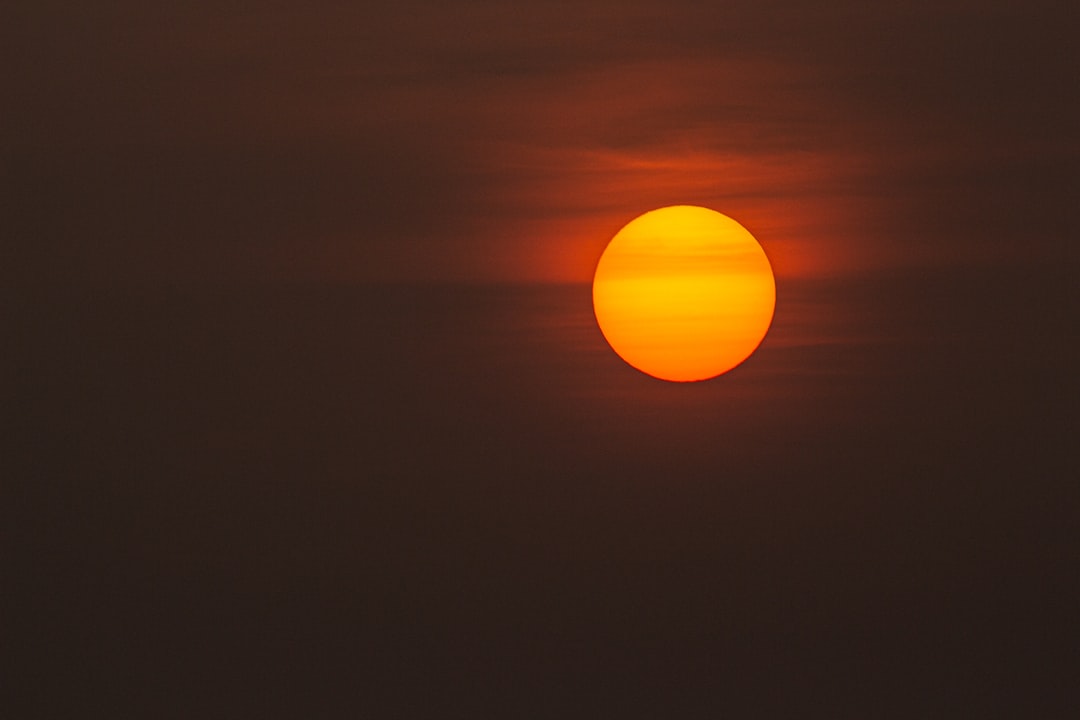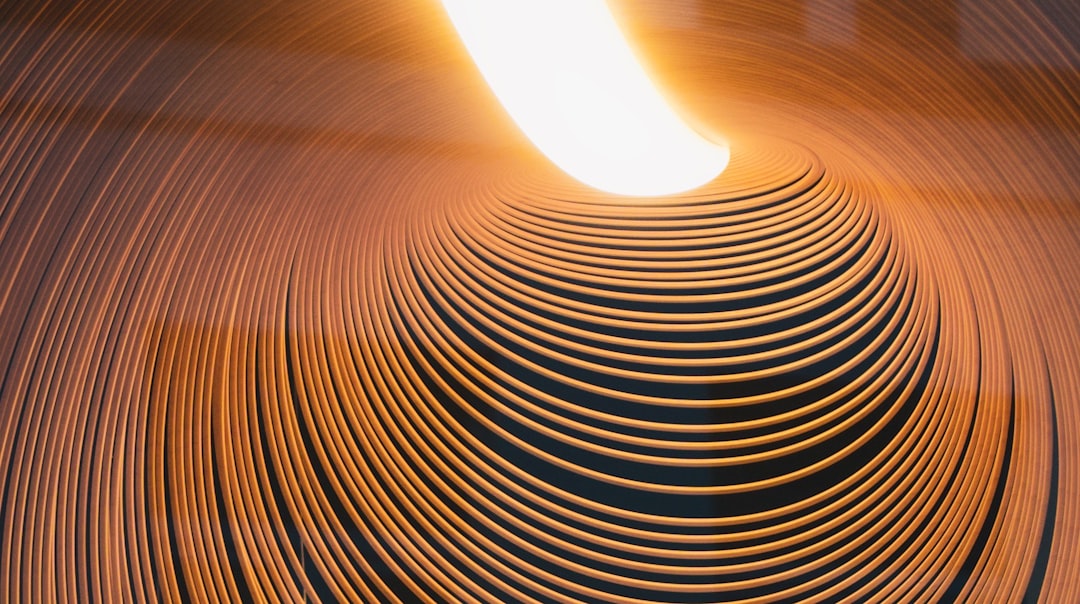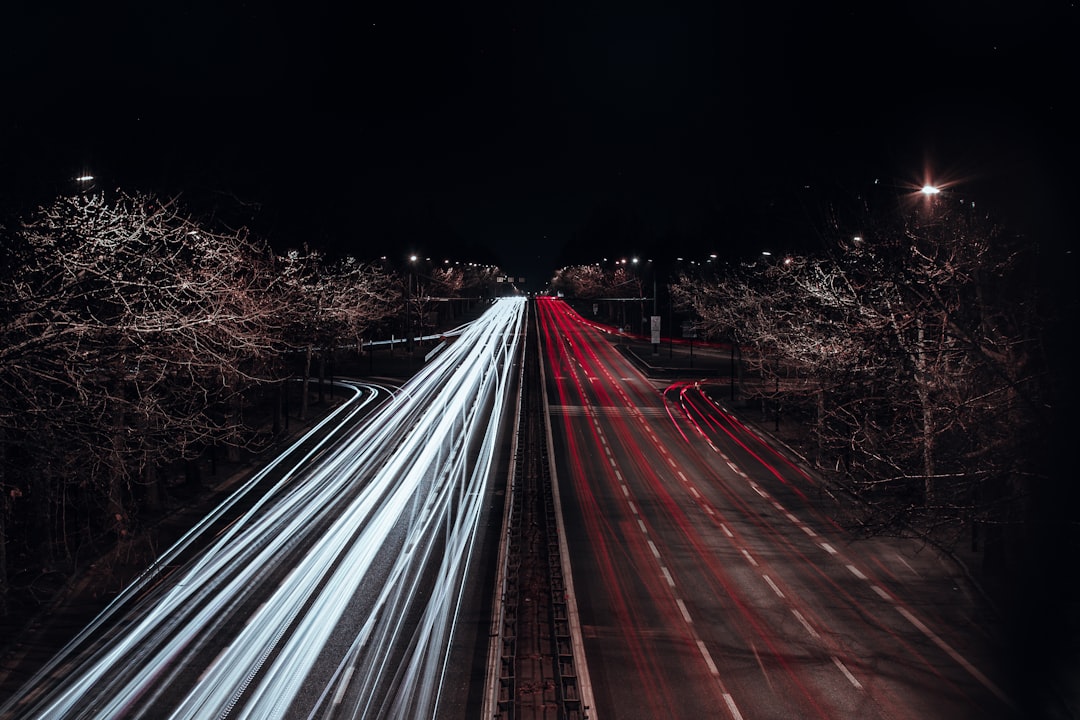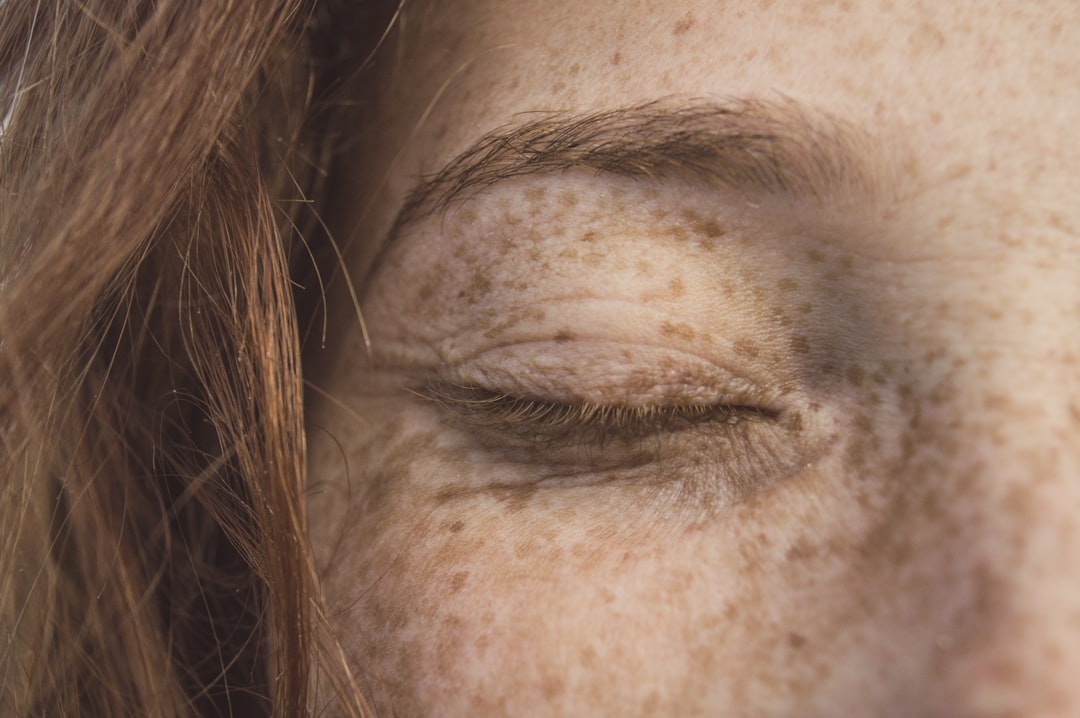Do Not Hide From The Sun
6 reasons to bask in the glow of the Sun.

Context
At this point in our civilization, the degree to which we insulate ourselves from nature seems to be at all time highs.
My wife recently pointed out to me that in past eras of civilization, houses were designed with the natural landscape in mind. Air would flow in and out freely. Sunlight was channeled to illuminate the interior. The earth was used to aid in cooling by acting as a heatsink.
Today, houses are built to completely insulate you from nature. Heating is artificial. Cooling is artificial. Airflow is artificial. Lighting is artificial.
The little sunlight that is allowed into the house must go through multiple panes of glass treated to “protect” you from UV light.
Which brings us squarely to the point of this article.
Sunlight.
Mother Sun
One of the most common elements of nature which people insulate themselves from to no end is the Sun:
UV protective clothing
Sunglasses
Sunscreen
UV blocking treatment on glass nearly everywhere
I was at a party recently, and someone saw that my son’s cheeks were flushing red. On the verge of panic, this person rushed over to me offering some sunscreen.
“No, thank you.”
People have become so terrified of the sun, they think that skin flushing red = sunburn!
On the contrary.
Your body is detecting where sunlight is coming in, and in an effort to harness more sunlight, it is rushing more blood to that part of your skin.
The last thing you want to do is suffocate it.
In the spirit of showing appreciating to the Sun, let’s review all of the ways the Sun helps us live healthy lives.
Some of these findings directly contradict what your doctor has told you.
Circadian Regulation
Let’s get the ‘obvious’ one out of the way.
As most know, humans have a circadian rhythm. A sleep and wake cycle. This cycle is entrained by the sun.
But, most people do not appreciate the gravity of this relationship between our sleep/wake cycle and the role of the sun.
First, people seem to think that this is merely related to things like fatigue and jet-lag. This mechanism of entrainment is the way that our body keeps track of time. Not just our body, but our cells. This is the most fundamental mechanism by which living tissue maintains functional integrity.
How important is it to keep accurate time?
Consider satellites that orbit the earth, like those which are used for GPS navigation. All of the satellites involved in providing you a reliable geolocation must keep time accurately. There must be a master clock to which they are all synchronized.
Why?
For starters, the satellites need to maintain the appropriate angular velocity/momentum to stay in their orbit and relative position compared to other satellites. All measure of change, including speed and acceleration, are kept by unit time. E.g. velocity = distance/time.
What happens if you lose track of time?
Everything from a miscalculation of your true location (on GPS), to satellites falling from the sky.
This same principle applies to the coordinated functioning of all our organs and cells. They must have a master clock. In our case it is the suprachiasmatic nucleus in the brainstem, which is entrained by the Sun to keep time.
Now that we got the obvious one out of the way, let’s take a look at a selection of research which reveals the impact of the Sun and solar radiation on our health.
Melatonin
Melatonin is one of the most potent anti-oxidants in the natural world. Thankfully, our body makes it.
Not just in the pineal gland, which is what we are taught in school. But, in nearly all of our cells. Specifically, in the powerhouse of the cell - mitochondria. As a result of its role in generating energy, mitochondria also generate reactive oxygen species (ROS or oxidants). Thus, making its own anti-oxidant to balance its environment is expected.
What most people don’t know is that melatonin is made under conditions of red/infrared light. Which is why darkness is preceded by the red sunset. However, in the morning there is also red/IR light emanating from the Sun.
This phenomenon of red/IR light making melatonin is part of a treatment modality called photobiomodulation, or in popular terms - red light therapy.
Serotonin
At this point, most people are aware of the role of serotonin in mood and anxiety. One of the most prescribed drugs in the West are SSRIs - which are a class of drug that tries to increase circulating serotonin levels in an attempt to treat people with depression.
What most people don’t know is that the natural production of Serotonin depends on two critical factors.
First, Serotonin is derived from tryptophan - an amino acid that we get primarily from our diet and bacteria that produce it. We need tryptophan to make Serotonin (and melatonin).
Second, the step to initiate the production of Serotonin from tryptophan involves sunlight. Specifically, the blue light from the Sun excites the ring-structure of Tryptophan (called an indole ring), which liberates an electron and initiates the cascade of reactions which result in the natural production of Serotonin.
Why do you think you feel so good on the beach? In the summer? In the warm glow of the Sun?
Vitamin D
If you aren’t familiar with the role of Vitamin D in many aspects of our physiology and health, consider brushing up on it. Its role is far too vast to be reviewed here.
What you need to know is that Vitamin D is made from cholesterol in the presence of UV-B light.
UV-B light is the one that every dermatologist and ophthalmologist will try to protect you from. Sunscreen blocks UV-B. Sunglasses block UV-B. House and car windows block UVB.
Basically, everything is built to prevent your body from making vitamin D itself.
UV-B light is best absorbed during the mid-day, or when the Sun is at its peak.
No, taking Vitamin D supplements is not an adequate replacement for lack of Sunlight produced Vitamin D. Actually, the vitamin D is not of the same configuration/quality when taken orally compared to when activated by sunlight.
UV-B Reduces Atherosclerotic Disease
Bet you didn’t see that one coming.
In addition to other cardiovascular benefits of sunlight, such as changes in vascular tone which ultimately reduce blood pressure…we now find that UV-B also has a positive impact on atherosclerotic disease.
For those unfamiliar, atherosclerotic disease is one of the key culprits of heart disease. Coronary arteries developed atherosclerotic plaques, and eventually cause an infarction of the heart.
But, this same process happens everywhere else in the body as well. In the brain, we call them strokes. Infarcts occur in all tissues. It’s just that heart attacks tend to be the most catastrophic.
Recent research explored the impact of UV-B light on the development of atherosclerotic disease in experimental mice models.
If you want to learn more about the role of sunlight in the regulation of circulatory health and blood pressure, check out this series:
UV-B and Melanoma
All this discussion about UV-B being crucial for so many aspects of our health has probably triggered another piece of bullshit that your doctor has told you.
“UV-B causes melanoma! Wear your sunscreen!”
This is not true, and I’ve discussed this at length in prior articles.
Here are a couple of interesting stats to get you started:
Since the widespread introduction of sunscreen in the US, rates of melanoma & skin cancer have risen
Something like 70-90% of non-melanoma skin cancers occur on parts of the skin chronically exposed to UV
However, about 75% of melanoma occurs on body sites not exposed to UV
Basically, research has shown two interesting findings:
Melanoma tends to occur in people who are starved for UV-B.
Other skin cancers (squamous cell and basal cell carcinoma) occur in people who block UV-B, which under normal conditions protects the cell from the damage caused by UV-A
We’ll leave it at that for now.
If you want to read more about melanoma, check this one out:
There’s many more things we can talk about with respect to the value of the Sun in our lives and our health. But, we’ll stop here…for now.







Sunny days don’t seem as bright or as frequent as they used to be — in North Florida, US. We can’t be healthy without outdoor sun exposure. There’s some discussion that eliminating seed oils reduces sunburns, among many other health benefits. I have lots of windows and rarely use electric lights. I feel better without electric lighting. I believe mostly due to proper circadian rhythm. I start each morning with 10 mins of sunlight in my eyes. Makes me as alert as coffee, which I don’t drink anymore.
Florida has a history of being a respite for “ailing, wealthy Yankees” per history books. They came to recover in the sun from pneumonia, pleurisy, etc. Railroad barron Henry Flagler, among other captains of industry, built a posh hotel-spa winter retreat. I’ve toured it a few times. It has a solarium with huge skylight panes covering the ceiling, and outdoor courtyards. No air conditioning obviously, so I’m sure they could feel the warmth of the sun through the unfiltered panes. Side windows opened to provide air flow. Patrons paid for 6 months at a time, escaping the winters of New York & New England.
The sun is medicinal, free, and vital to good health.
Thank you for this! I’ve been saying for a while that sunlight powers our bodies. I don’t think modern medicine completely understands all the mechanisms, but the sun almost has to be powering or initiating many of our body’s processes.... until a couple of hundred years ago, people spent all their non-sleeping time out in the elements, and now doctors have decided that it’s ok to be in fake lighting, fake temps, and protect ourselves from getting sun? Not to mention eating fake food, but that’s another topic. I bet many of our mood disorders and chronic health issues would go away if people were out moving in the natural elements daily.